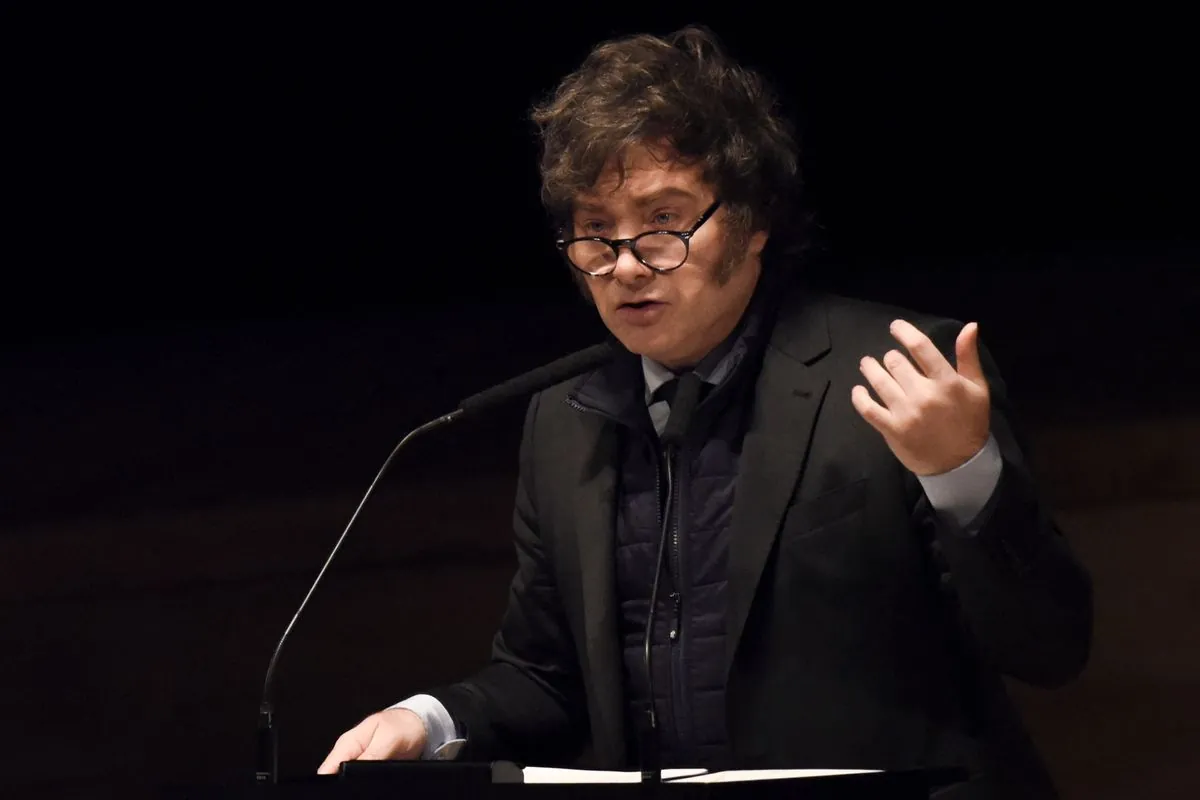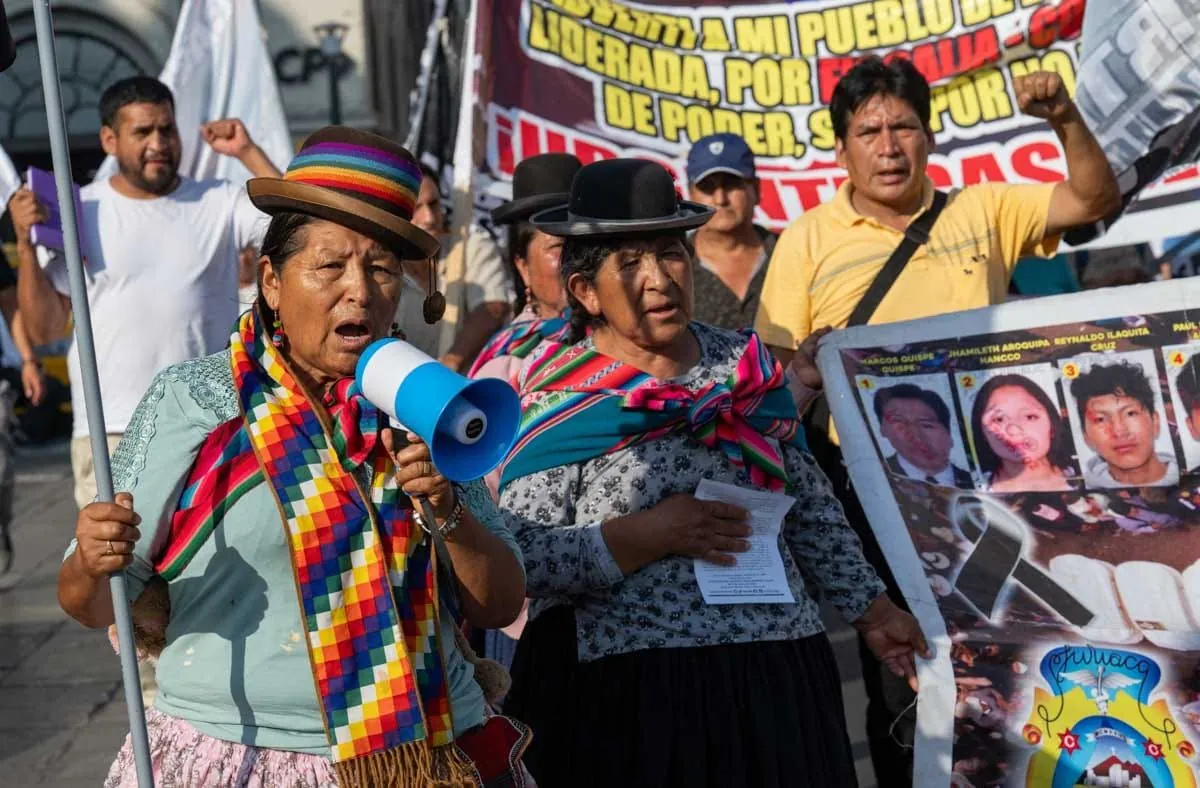Alberto Fujimori: Peru's Controversial Ex-President Dies at 86
Alberto Fujimori, Peru's former president known for economic reforms and human rights abuses, has died at 86. His legacy continues to shape Peruvian politics through his family's ongoing influence.

Alberto Fujimori, Peru's former president who dramatically reshaped the country's political landscape, passed away on September 12, 2024, at the age of 86. His death marks the end of an era in Peruvian politics, but his influence continues through his family's ongoing involvement in the country's affairs.
Born on July 28, 1938, to Japanese immigrant parents in Lima, Fujimori rose from humble beginnings to become Peru's first president of Asian descent. His unexpected ascent to power in 1990 came at a time when Peru was grappling with economic turmoil and a violent insurgency led by the Shining Path guerrilla group.
Fujimori's presidency was characterized by significant economic reforms and a hardline approach to combating terrorism. His "Fujishock" economic program, implemented shortly after taking office, drastically reduced inflation from over 7,000% to approximately 11% by 1995. This stabilization of the economy earned him widespread support among Peruvians and international financial institutions.

One of the most notable events of Fujimori's tenure was the capture of Shining Path leader Abimael Guzmán on September 12, 1992. This operation, carried out by a special police unit, dealt a severe blow to the terrorist organization and bolstered Fujimori's popularity.
However, Fujimori's presidency took an authoritarian turn with his "self-coup" in April 1992, when he dissolved Congress and suspended the constitution. This move, while initially popular, set the stage for increasing authoritarianism and human rights abuses.
"I'm innocent!"
Fujimori's downfall began in 2000 with the broadcast of the "Vladivideos," revealing widespread corruption in his administration. He fled to Japan in November 2000, resigning via fax. After years in exile, he was extradited to Peru in 2007 to face criminal charges.
In a landmark case, Fujimori became the first Peruvian president to be imprisoned through a judicial process, convicted of human rights abuses and corruption in 2009. His imprisonment and subsequent controversial pardons and releases have continued to divide Peruvian society.
Despite his controversial legacy, Fujimori's influence persists through his family, particularly his daughter Keiko Fujimori, who has run for president three times. The term "Fujimorismo" remains a significant force in Peruvian politics, reflecting the enduring impact of his presidency.
As Peru reflects on Fujimori's complex legacy, the country continues to grapple with the long-term effects of his policies and the political movement he inspired. His death closes a chapter in Peruvian history, but the debate over his impact on the nation is likely to continue for years to come.


































